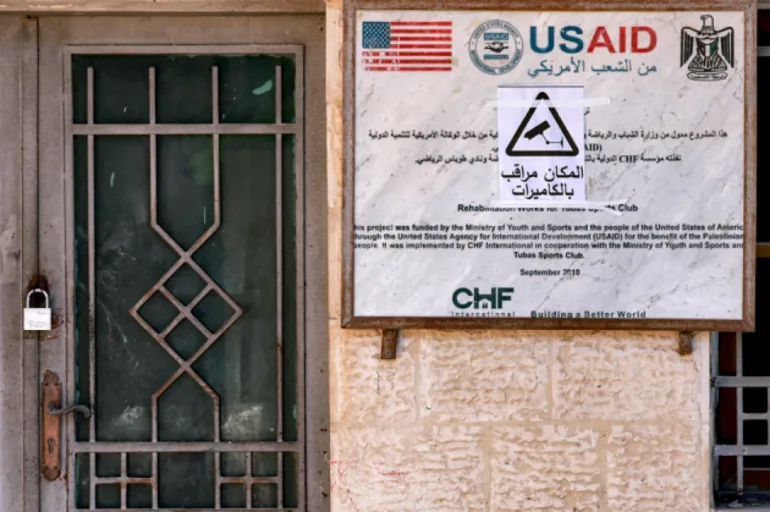On Tuesday, the United States Agency for International Development (USAID) announced it would place its staff, both in the US and abroad, on administrative leave, as part of a move to recall employees from overseas assignments.
The agency stated that the leave would begin shortly before midnight on February 7, 2024.
The decision affects all USAID direct hire personnel, with exceptions for those in critical roles, including core leadership and staff overseeing key programs. “Thank you for your service,” the statement concluded.
This move aligns with the broader agenda of President Trump and his billionaire ally, Elon Musk, to reduce the size of the US government. The announcement has drawn backlash from Democrats and human rights organizations, who argue that the decision will have a significant impact on global humanitarian efforts.
USAID plays a pivotal role in funding health and emergency programs across about 120 countries, including some of the world’s poorest regions. It is also regarded as a key component of US soft power, crucial in competing for influence with rivals such as China—where Musk has extensive business interests.
Musk has long criticized USAID, calling it “a viper’s nest of radical-left Marxists who hate America” and vowing to shut it down. Among his other unsubstantiated claims, Musk has alleged that the agency conducts “rogue CIA work” and funded bioweapons research, including research linked to the COVID-19 pandemic. Musk, who has major US government contracts and was a significant financial supporter of Trump’s campaign, claimed he had cleared the move with the president.
This move is part of a long-standing narrative among hard-line conservatives and libertarians, who argue that US taxpayer money should be spent on domestic priorities rather than foreign aid.
USAID describes its mission as ending extreme poverty, promoting resilient democratic societies, and advancing US security and prosperity. In 2023, the top three recipients of USAID aid were Ukraine, Ethiopia, and Jordan, with Ukraine receiving over $16 billion in macroeconomic support, according to US government data.
Founded in 1961, USAID’s budget exceeds $40 billion, a small fraction of the US government’s annual budget of nearly $7 trillion. Despite this, the US remains the world’s largest provider of official development assistance, according to the Organisation for Economic Cooperation and Development (OECD).
AFP


